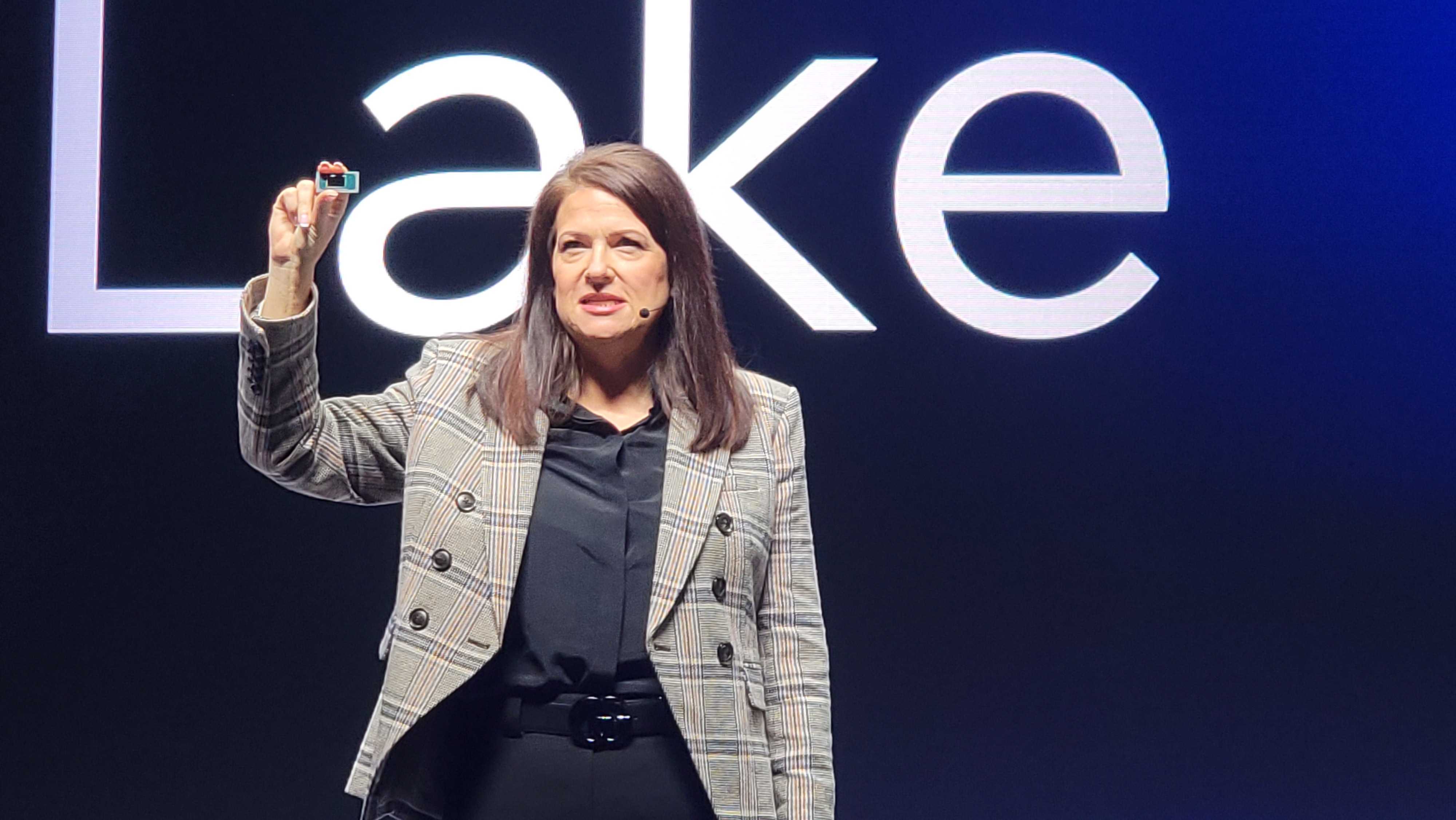
One of the interesting things that Intel shared in its CES 2025 press release is the fact that the company is sending samples of its 'lead 18A product' — the codenamed Panther Lake processor for client computers — to its customers among PC makers. The company stressed that the CPUs will be mass-produced on the Intel 18A process technology in the second half of this year, which is good news for the company.
"Intel is only going to continue bolstering its AI PC product portfolio in 2025 and beyond as we sample our lead Intel 18A product to customers now ahead of volume production in the second half of 2025," a statement by Intel reads.
Intel's Panther Lake is an essential processor for Intel as it will be 70% manufactured in-house, which means significantly lower costs and substantially higher profit margins. Leaked specifications indicate that Panther Lake will feature between eight and 16 cores in various configurations, depending on positioning. The CPU is expected to be a notebook-first product to succeed both Arrow Lake and Lunar Lake laptop processors. Yet, what will succeed Arrow Lake-S CPUs for desktops remains to be seen.
One of the important aspects of Intel's Panther Lake is that it will be produced on the company's 18A process technology (1.8nm-class), a make-or-break production node. The 18A process is Intel's first (technically, second, but 20A has essentially been canceled) process technology, which uses RibbonFET gate-all-around transistors and has a backside power delivery option called PowerVia.
The backside power delivery network is particularly important for large and power-hungry data center-class processors, so whether it will be used for Panther Lake CPUs designed for client PCs with a processor base power (PBP) rating of 45W is unclear. Intel is also prepping its data center-oriented codenamed Clearwater Forest processor on 18A technology. This CPU will consume hundreds of watts of power and take advantage of PowerVia's backside power delivery network. Intel says that Clearwater Forest can already boot operating systems, though it is unclear when this CPU is set to enter volume production.
Another crucial factor is that Intel's 18A will be the company's first node used by external Intel Foundry customers. Therefore, Panther Lake's on-track production in the year's second half highlights the health of the fabrication technology.
The manufacturing process has garnered significant interest from IF customers (according to Intel) because it is considered more competitive than TSMC's 3nm and 2nm-class technologies slated for release between 2024 and 2025, at least in terms of some parameters. Intel anticipates that its first external customer will finalize the 18A design in the first half of 2025.
Assuming the design is free of bugs and defects, it will enter high-volume production in the first half of 2026. This timeline positions Intel's 18A slightly behind TSMC's N2 technology (a 2nm-class process) on the foundry market. TSMC's N2 is scheduled for high-volume manufacturing in the second half 2025. Still, since Intel will produce its Panther Lake on 18A in the second half of this year, this fabrication technology will technically hit the market ahead of TSMC's N2.







